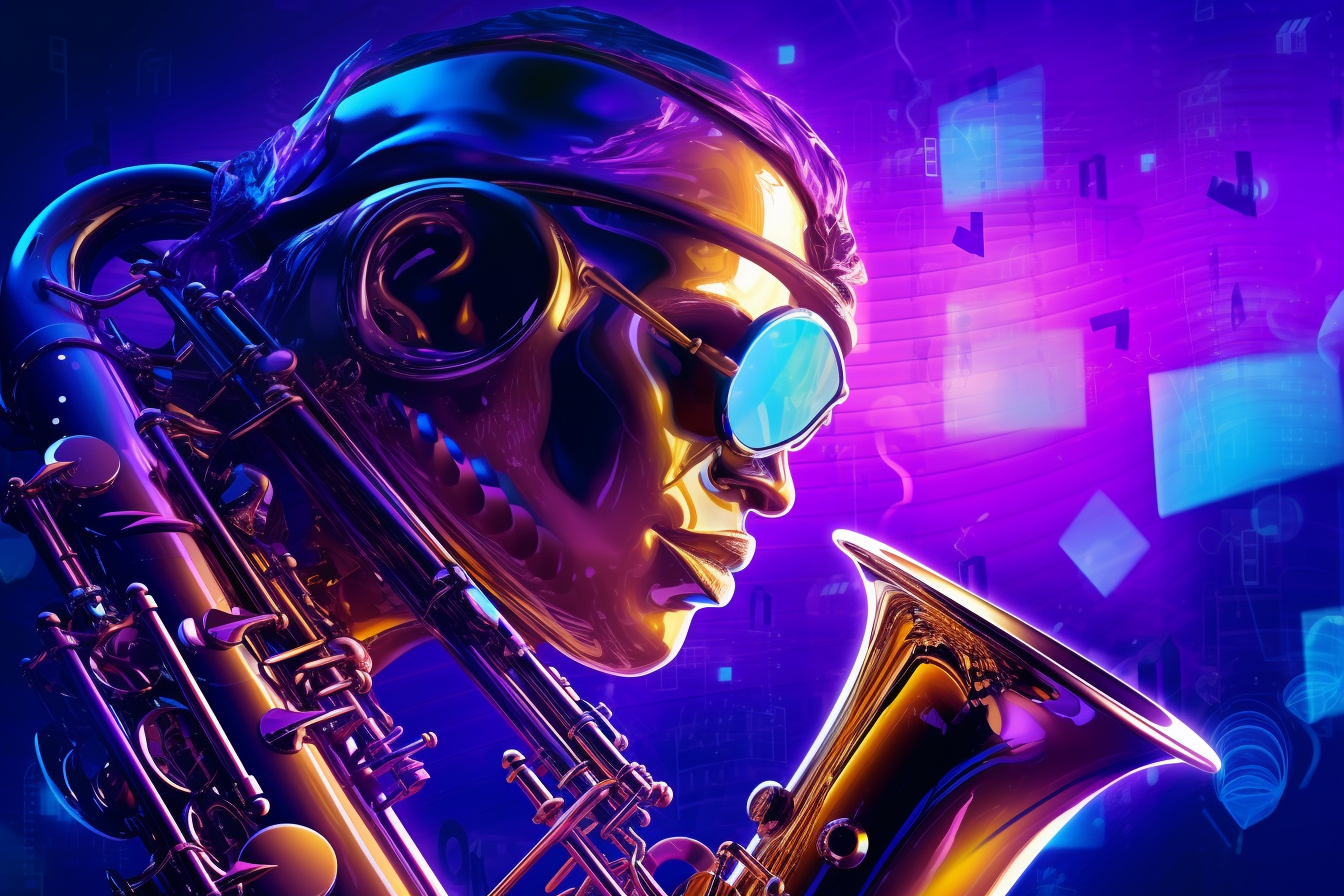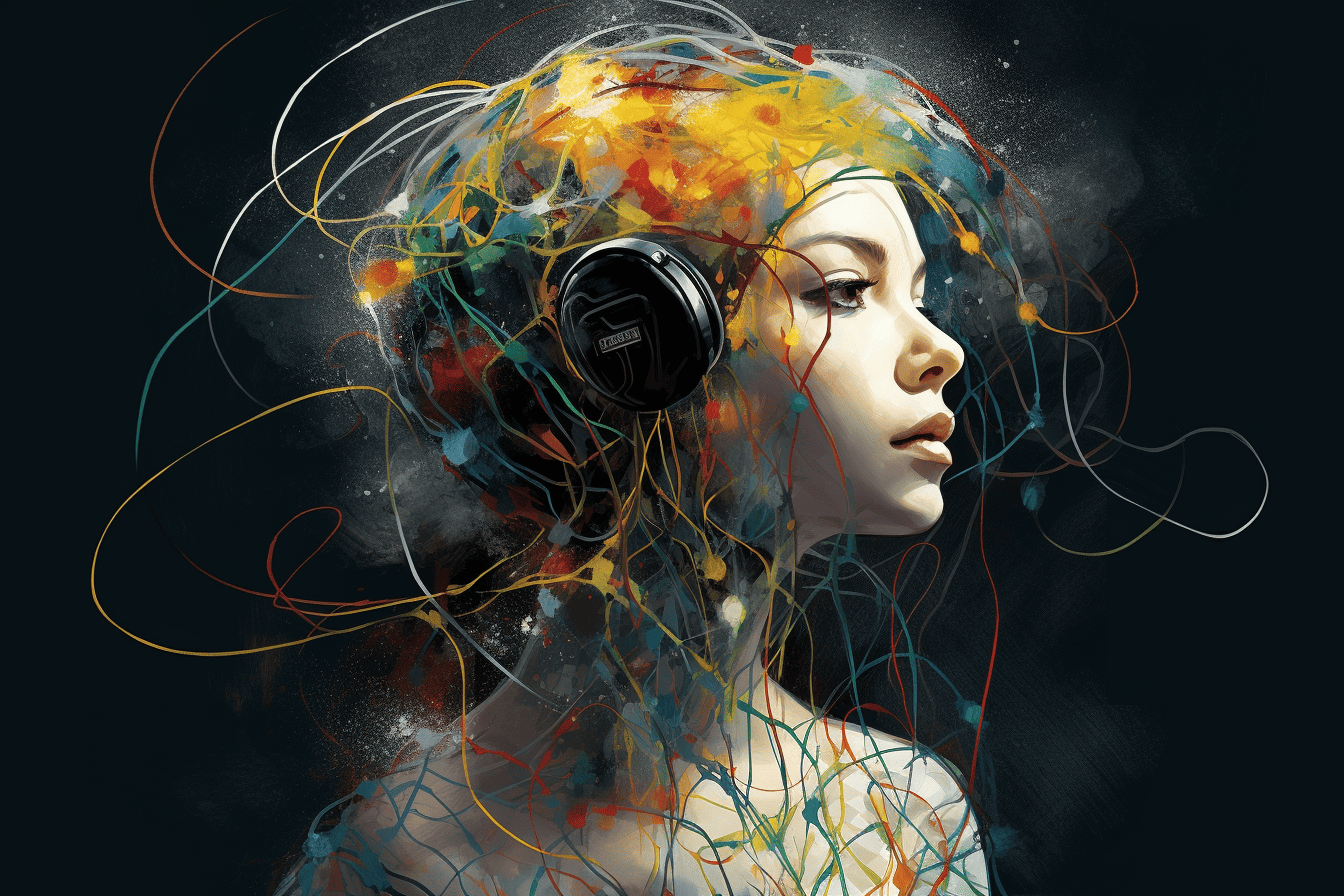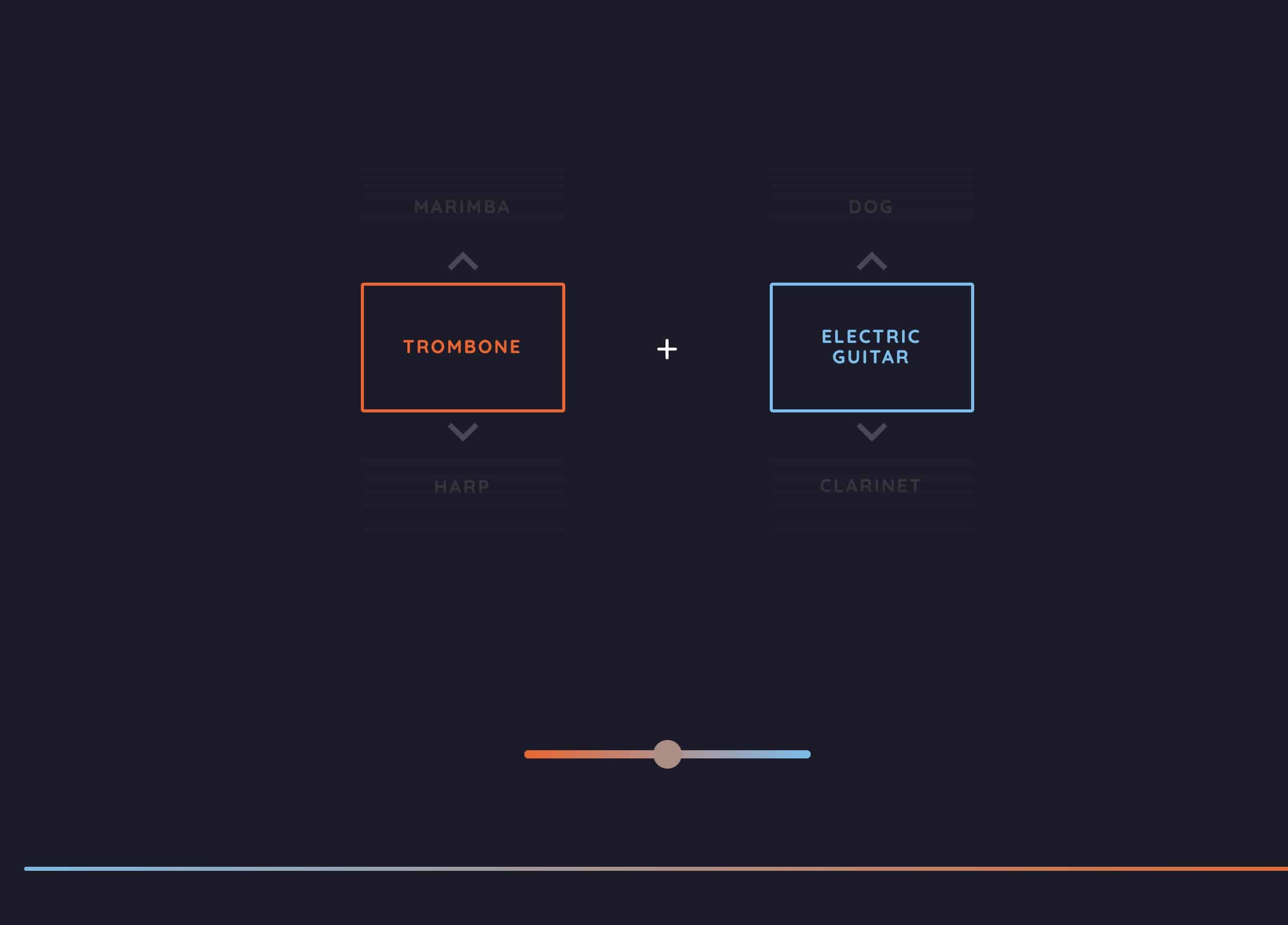As technology continues to evolve, so too does the music production industry. Artificial intelligence (AI) has become an increasingly important player in the world of music production, and vocal replacement is one of its most powerful tools.
From sound design to composition, AI has had a profound effect on how producers are creating and manipulate sound. In this article, I will discuss the implications of AI on music production from a creative and technical perspective.
Through analysis of the current state of vocal replacement technology and its potential for growth, we can begin to understand how AI may shape the future of music production as well as its impact on the industry.
Composition
Composing music with the help of AI technology has opened up a world of possibilities, allowing for creativity and innovation to take center stage. From recording techniques that can capture a wide range of soundscapes to synthesizer manipulation that can generate unheard-of sounds, there is no limit to what an artist can create with the help of artificial intelligence.
By utilizing these tools, composers are able to craft unique sonic landscapes that were not previously possible before AI was available. With the help of machine learning algorithms, music producers are also able to experiment with new ideas and concepts quickly while still maintaining control over their creative process. This further allows them to explore different approaches and ultimately create something truly special and distinct.
The potential for AI in composition goes far beyond simply manipulating existing sounds or creating new ones; it also enables musicians to produce more complex pieces faster than ever before. For instance, by utilizing various data-driven analysis techniques such as natural language processing and deep learning models, an artist can use audio samples as building blocks for their songs, allowing them to focus on larger scale composition elements such as structure and arrangement rather than worrying about fine details like equalization or reverb settings.
Furthermore, AI-based composition tools have the capability to generate music automatically through generative algorithms which allow producers more time for experimentation and exploration. As such, AI could be seen as a tool not just for enhancing already existing compositions but also creating entirely new ones from scratch. With all this in mind, it is clear that AI has vast implications when it comes to modern day music production – opening up exciting possibilities within the field of composition.
Sound Design
You’ll love exploring sound design – it’s a captivating way to bring your audio projects to life! Sound design is the process of manipulating, recording, and editing existing audio samples or creating new recordings in order to create unique sounds and atmospheres.
This wide-ranging discipline can be used for various purposes such as creating soundscapes, designing synthesizer patches, or adding special effects to music. Audio manipulation involves altering an existing sample by applying effects such as pitch shifting, distortion, reverb, compression, and EQ.
Sample editing allows you to further define the character of a sample by changing its length and structure. With AI-driven software tools becoming increasingly available for both composition and sound design, music producers now have unprecedented access to creative control over their sound production process.
AI-driven tools are not only providing greater efficiency but also inspiring endless possibilities for experimentation with sound design that wasn’t previously possible.
Creativity and Efficiency
Exploring sound design can be an incredibly rewarding experience, allowing you to unlock both your creativity and efficiency. Whether it’s through the use of traditional instruments or modern production techniques, songwriting is a task that requires careful consideration of many elements.
To maximize creativity and efficiency, here are four key steps: first, establish a clear goal for your project; second, identify the tools and resources necessary to achieve that goal; third, experiment with different creative approaches until you find one that works; fourth, refine and optimize your approach by making small adjustments over time.
Incorporating AI-generated music into sound design presents a unique opportunity to explore new ideas more quickly while also saving time in the production process. AI technologies enable musicians to generate musical content on demand without having to worry about manual instrumentation or production techniques.
This type of automation not only increases productivity but also allows for greater experimentation as well as deeper exploration into possibilities beyond what could be achieved through traditional methods. By combining creativity with technology-driven efficiency, artists can create incredible new sounds in shorter periods of time than ever before – making AI an important tool for today’s music producers.
Impact on the Music Industry
The impact of AI on sound design has revolutionized the music industry, allowing producers to create incredible new sounds in shorter periods of time than ever before. This has had a profound effect on how music is produced, distributed and consumed.
Music streaming services such as Spotify and Apple Music have made it easier for people to access and enjoy an unprecedented selection of songs at any given time, which has helped to reduce piracy by making it harder for copyrighted material to be illegally shared or downloaded. Similarly, copyright laws have been updated in light of this technological advancement, ensuring that artists are properly compensated for their work while providing incentive for more innovative use of AI-enhanced sound design.
Beyond the legal implications, however, there is also the potential for AI-driven production tools to open up new creative possibilities when producing music. With the ability to generate unique audio effects on demand, producers can quickly experiment with different combinations until they find something truly unique and exciting.
Moreover, this technology allows them to spend less time manually crafting sounds from scratch — leaving them more time to focus on other aspects of the production process such as songwriting or arrangement — ultimately resulting in higher quality output in less time than ever before.
Frequently Asked Questions
What are the potential legal implications of AI-generated music?
The potential legal implications of AI-generated music are complex and multi-faceted.
When it comes to musical creativity, issues concerning the authorship and copyright of AI-generated works must be taken into consideration. Such ethical concerns have raised questions about who should be credited for the creative output of machines.
Additionally, the expansive reach of technology and its ever-evolving capabilities could potentially lead to a dramatic shift in how music is composed and produced.
The implications of this new era need to be assessed carefully in order to ensure that all stakeholders involved are fairly compensated for their contributions.
What resources are available to learn more about AI-generated music?
As AI-generated music continues to become more prevalent in the industry, there are a number of resources available to those wanting to learn more about it.
Machine learning and generative music can be used to create unique sound designs and virtual instruments, while artificial intelligence and audio mixing are crucial for creating sophisticated compositions.
For those looking for an in-depth lesson on AI-generated music, taking courses that specialize in the technology can provide invaluable information and insight into its various applications.
Additionally, exploring online tutorials from experts in the field can help further develop one’s technical understanding of this rapidly advancing area of production.
What are the long-term implications of AI in music production?
Have you ever wondered what the long-term implications of AI in music production are? As digital instruments and machine learning become more accessible, producers are increasingly able to use AI to create new sounds.
This shift towards automated music creation has the potential to revolutionize the way we think about music production. While AI can help reduce time and labor costs, it could also lead to a decrease in creativity as producers rely on algorithms instead of their own ideas.
Additionally, increased automation could lead to job losses for some human producers. These outcomes will ultimately depend on how we as a society choose to regulate and utilize these powerful tools moving forward.
What is the role of the producer in an AI-assisted workflow?
As a producer, I’m facing the challenge of managing an AI-assisted workflow on behalf of artists and composers. This requires me to be aware of a number of ethical considerations in order to ensure data security for artists, protect their rights, and ensure compliance with industry standards.
Additionally, machine learning is constantly evolving in this space so I need to stay up-to-date with the latest advancements in AI technology.
As producers become increasingly involved in music production that utilizes AI, it’s important that we take into consideration all aspects related to this transition as well as any potential implications for the future of the music industry.
What implications does AI-generated music have on copyright laws?
As AI-generated music starts to become more prevalent, it’s essential to consider the implications on copyright laws.
From royalty issues and sample clearance to moral rights and the duration of copyright ownership, there are several complex situations that need to be taken into account.
Further, the question of fair use has been heavily debated in recent years as AI-generated content continues to blossom.
To ensure that creators are adequately protected and compensated for their work, it’s important to have a thorough understanding of relevant copyright laws and regulations.
With this knowledge in hand, innovators can use AI technology confidently while creating music with both legal protection and artistic expression.
Conclusion
AI-driven vocal replacement technology is truly revolutionary. It’s taken music production to a whole new level, allowing producers to go beyond the limits of traditional sound design and composition.
With this technology, creativity and efficiency have skyrocketed like never before. It’s opened up a world of possibilities, pushing the boundaries of what was once thought possible in music production.
This has had an unprecedented impact on the music industry as a whole, revolutionizing the way we create and consume music today and for years to come.
AI-driven vocal replacement is truly a game changer!









